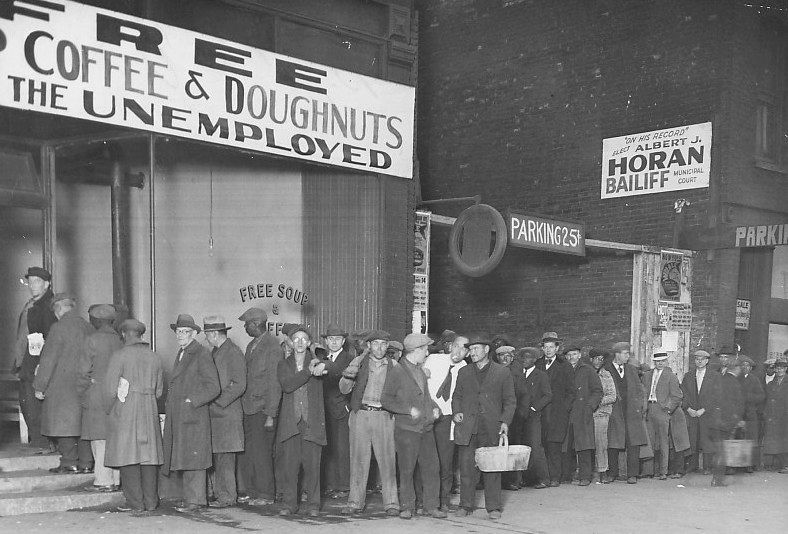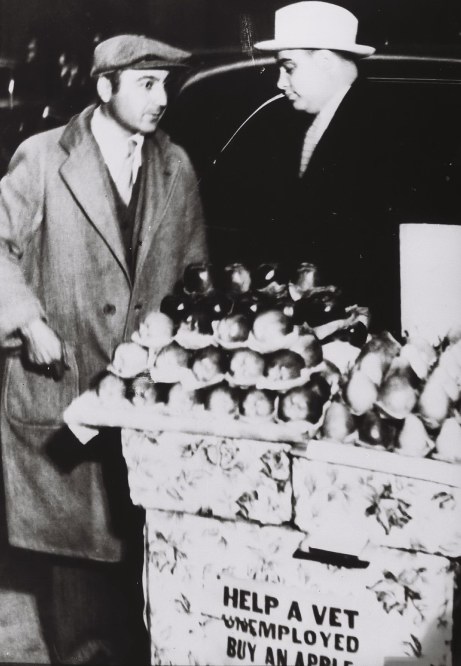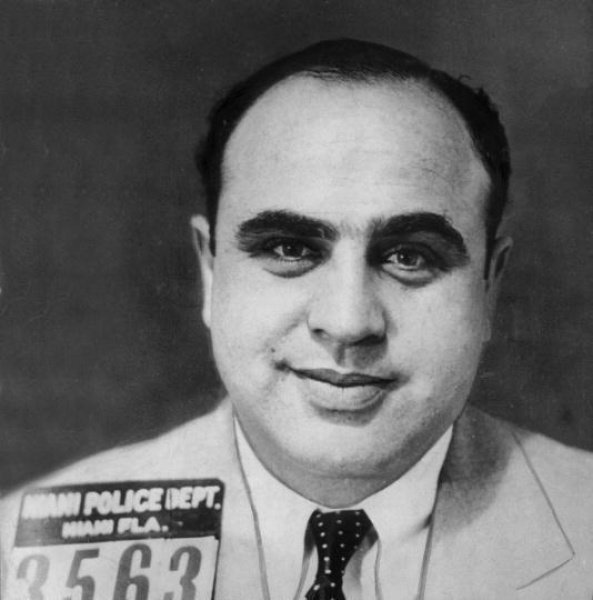Of all the work that made Christo and Jeanne-Claude the most famous installation artists of the past fifty years, none still exists. If you wanted to see the Reichstag wrapped in silver fabric, you’d have to have been in Berlin in the summer of 1995. If you wanted to see Central Park threaded with Shinto shrine-style gates, you’d have to have been in New York in the winter of 2005. If you wanted to see an enormous Mesopotamian mastaba made out of 7,506 oil barrels, you’d have to have been in London in the summer of 2018. Though often celebrated for its “ephemeral” nature, Christo and Jeanne-Claude’s art necessitated a formidable amount of political, organizational, logistical, and manual work to pull it off — and in that contrast lies its sublimity.
“To operate realistically on a large scale, they needed to deploy many of the skills traditionally associated with business and which we think of as the domain of the entrepreneur,” says the article on Christo and Jeanne-Claude at The Book of Life, a product of Alain de Botton’s School of Life. The two “had to negotiate with city councils and governments; they had to draw up business plans, arrange large scale finance, employ the talents and time of hundreds even thousands of people, coordinate vast efforts and deal with millions of users or visitors. And all the while, they held on to the high ambitions associated with being an artist.” What’s more, since the couple never took grants or public money of any kind, they had to turn enough of a profit from each project to finance the next, even more majestic (and to some, foolhardy) one.
You can see more of Christo and Jeanne-Claude’s projects, and footage of those projects under construction, in the School of Life video at the top of the post. It also shows Christo creating the preparatory materials that made their work possible, not only in that they presented the visions of the wrapped-up pieces of infrastructure or valleys full of umbrellas to come, but that the sale of the plans and drawings financed the process of making those visions real. All this in the service of what Jeanne-Claude, who died in 2009, called “works of art of joy beauty,” and through Christo departed the realm of existence himself last Sunday, the rest of us have another such work to look forward to: L’Arc de Triomphe, Wrapped. Based on an idea that came to Christo when he and Jeanne-Claude lived in Paris in the late 1950s and early 60s (and recently delayed one more year due to the coronavirus pandemic), it will provide more than reason enough to be in Paris in the fall of 2021.
Related Content:
How the Visionary Artist Christo (RIP) Changed the Way We See the World
Climate Change Gets Strikingly Visualized by a Scottish Art Installation
Pi in the Sky: The World’s Largest Ephemeral Art Installation over Beautiful San Francisco
This Huge Crashing Wave in a Seoul Aquarium Is Actually a Gigantic Optical Illusion
Alain de Botton Shows How Art Can Answer Life’s Big Questions in Art as Therapy
Based in Seoul, Colin Marshall writes and broadcasts on cities, language, and culture. His projects include the book The Stateless City: a Walk through 21st-Century Los Angeles and the video series The City in Cinema. Follow him on Twitter at @colinmarshall, on Facebook, or on Instagram.





